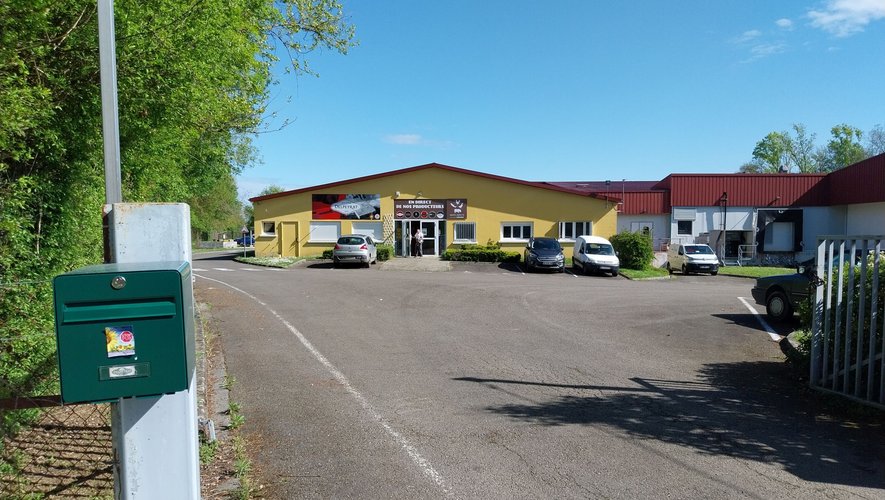On March 4, workers at the Delpeyrat slaughterhouse learned of the site’s closure in early 2025. Mostly disappointed, they say they “didn’t see anything coming” and are waiting for more information about their future.
To cope with the staggering decline in duck consumption due to successive bird flu epidemics, the group decided to close its slaughterhouses in La Pommeraie-sur-Sèvre (85) and Vic-Fezensac. The latter employs approximately 70 employees, of which approximately fifty are permanent employees and the rest are provided by fixed-term contracts and temporary workers. Two teams work every day, one for slaughtering and the other for cutting. The adventure should end in March 2025.
As required by law, the company has drawn up an Employment Protection Plan (PSE) and negotiations have been opened for a period of three months. Reclassifications must be offered to employees internally or together with colleagues. But when they left the factory at three o’clock this Wednesday morning for those who took the service, the mines were dissatisfied.
“Reclassifications, yes, but for how many people, and above all, where?” Sam* asks as he leaves his shift. He has been working here for 4 years. He crosses the doors of the slaughterhouse on foot. Sam doesn’t have a car. “We are told we are being moved, but we will have to go far away. We are told about Condom, over 25 km away, or even Castelnau-d’Auzan-Labarrère, 30 km away. And that is for the nearest locations .
Sword of Damocles
“We are currently in the middle of negotiations…” sighs Alain*. “On March 4, it was the director of Maïsadour who came to tell us the news. We did not expect it at all, we were told that the site was working very well,” he insists. He had heard rumors, as had others. But not anymore.
“Certain drivers had warned us. They had heard from feeders that the site was under threat. We had even spoken to our managers about it, who reassured us and told us not to worry.”
He lives in Vic-Fezensac, a 10-minute walk from the Delpeyrat building and has been working there for 5 years. Driving tens of kilometers a day is out of the question, especially with the price of fuel, he says. He will look for work here, as close as possible. “We should also be offered training. We’ll see.” Response on June 11 at the end of negotiations.
“Some have been working here for 10, 15 or even 18 years. For them it is even more difficult,” Alain adds. Others have recently arrived and feel less concerned. “I’m versatile. I arrived six months ago, and it’s a shame if it stays that way for me. I’ll look for something else elsewhere,” assures a young man as he leaves his post.
On the other side, Claudia*, who started at the same time 6 months ago, is waiting for a cold shower. “During the greeting we were told that everything went well, I have a fixed-term contract for 6 months and I was promised a possible permanent contract to continue growing in the company, and then…,” says the young woman with emotion..
“We are sitting with a sword of Damocles over our heads. There will be reorganizations. But how many? And where?” She will travel the number of kilometers necessary if she is offered a position, she assures us. No choice. One of her colleagues honks and greets her vigorously. Another taps him on the shoulder, smiles and wishes him a good afternoon. “And yes, we all get along well, it’s family here…”
“Constructive conversations with employees”
When contacted, management explains that “the Vic-Fezensac site has not been operating at full capacity for years due to the deterioration of the duck market” and that “the current industrial system is too large”.
Regarding the announcement to employees a few weeks ago about good results, management confirms. “At the beginning of the year, we announced the improvement of results in all locations, emphasizing that this good performance should not obscure the difficulties and weaknesses of our sector.”
The volumes of ducks from the Vic-Fezensac site, approximately 10,000 per day, will be transferred to the Gibret site in the Landes of the Maïsadour cooperative, 110 kilometers from Vic-Fezensac.
Since the closure was announced, ‘constructive discussions have been held with employees’. “We are already able to offer solutions to all employees, both within the Maisadour group and beyond,” management assures.
